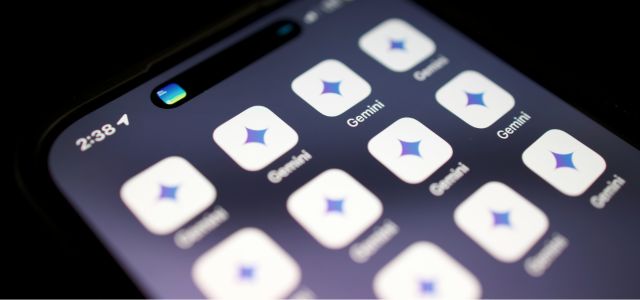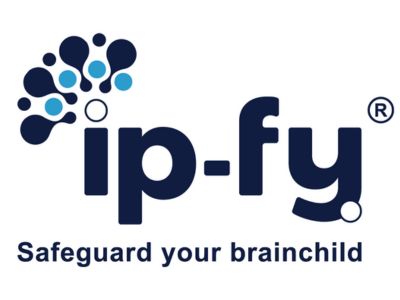Gemini Data, Inc., an artificial intelligence (AI) software company, has filed a lawsuit against Google in the US District Court for the Northern District of California. The suit alleges trademark infringement related to Google’s rebranding of its AI chatbot from BARD to GEMINI.
The complaint states that Gemini Data has been using the GEMINI marks in commerce since 2011. In February 2024, Google announced it would rebrand BARD as GEMINI and attempted to register the trademark with the US Patent and Trademark Office (USPTO). However, the USPTO refused the application due to a likelihood of confusion with Gemini Data’s existing mark.
According to the lawsuit, Google then tried to acquire rights to the GEMINI brand through an anonymous entity. When Gemini Data rejected this offer, Google proceeded to use the GEMINI mark anyway. The complaint accuses Google of making a “calculated decision to bulldoze over Gemini Data’s exclusive rights without hesitation.”
In a striking claim, Gemini Data says that Google’s own GEMINI chatbot acknowledges the trademark infringement when asked directly. The complaint states: “In an almost laughable example of Google’s hubris, if you ask Google’s Gemini application if it is aware that it is infringing upon the trademark of Gemini Data Inc., it responds ‘Yes’ and that ‘[i]t’s a developing situation.'”
Gemini Data alleges that Google is knowingly and willfully infringing on its rights, seemingly assuming that a smaller company would not challenge such a large corporation. The lawsuit seeks an injunction to stop Google’s use of the GEMINI mark, as well as damages for trademark infringement, unfair competition, and false designation of origin.
This case highlights the ongoing tensions between established tech giants and smaller companies in the rapidly evolving AI space. It also underscores the importance of thorough trademark searches and clearance before launching major rebranding efforts, even for companies as large as Google.
The trademark dispute comes amid a series of legal challenges for Google across various intellectual property fronts:
- In September, the Federal Circuit denied Google’s request for reconsideration in a patent infringement case brought by Sonos, Inc.
- The Department of Justice is pursuing a major antitrust case against Google, accusing it of monopolizing advertising technology.
- In August, a federal judge ruled that Google has a monopoly in the search engine market, violating antitrust laws.
- Several educational publishers sued Google in June for alleged copyright and trademark infringement related to pirated textbooks.
These multiple legal battles underscore the complex IP landscape that major tech companies must navigate, especially as they expand into new areas like AI. The Gemini trademark case, in particular, demonstrates the potential pitfalls of choosing brand names in a crowded tech marketplace.
As the case progresses, it will be interesting to see how Google responds to the allegations and whether it will continue to use the GEMINI brand for its AI chatbot. The outcome could have significant implications for trademark law in the AI sector and for how large tech companies approach branding and IP rights in emerging technologies.
For smaller companies like Gemini Data, this case represents a David v. Goliath battle to protect their intellectual property rights against a tech giant. The lawsuit’s outcome may set an important precedent for similar disputes in the future as AI technology continues to advance and more players enter the market.
As AI becomes increasingly central to tech companies’ strategies, we can expect to see more trademark and other IP disputes in this space. Companies of all sizes will need to be vigilant in protecting their brands and intellectual property while also carefully vetting their own product names and marketing efforts to avoid potential infringement claims.

Written by Harsh Pangi
Founder, IP-FY
You may also like…
UEFA partners with Alliance for Creativity and Entertainment to enhance global anti-piracy strategy
October 21, 2025 - The Union of European Football Associations (UEFA) has officially joined the Alliance for...
EUIPO and UANIPIO welcome the integration of Ukraine’s trademarks into TMview
The European Union Intellectual Property Office (EUIPO) and the Ukrainian National Office for Intellectual Property...
Jägermeister succeeds in opposing the EU trademark application Alten Kräuterfrau for alcoholic beverages
Mast-Jägermeister SE filed an opposition on the grounds of Article 8(1)(b) – likelihood of confusion between the signs...
Contact us to write for out Newsletter














